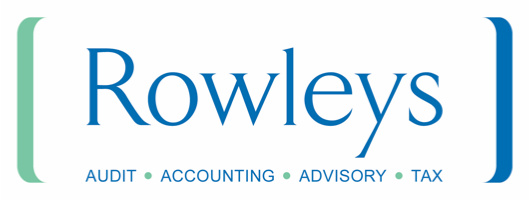News & Events
Changes to calculating holiday entitlement for employees on irregular contracts
21st September 2022
A recent court case has highlighted an urgent need for employers to review how they calculate the holiday pay of part-year employees or those who work for them on an intermittent basis. Here, we share more about this landmark case, the implications for employers and the suggested steps you need to take.
Summary of the case
Many employers of those on part-year or irregular hours (including zero hours) contracts use a method known as the ‘conformity principle’ to calculate the holiday pay for these employees. This principle calculates holiday pay at 12.07% of every hour the employee has worked (5.6 weeks – the statutory annual holiday entitlement – of the total 46.4 working weeks in a year equates to 12.07%).
This principle has widely been accepted and encouraged. However, the case of Harpur Trust V Brazel in July 2022, put the principle under scrutiny when the Court ruled against Harpur Trust (the employer) who were using the principle to calculate the holiday pay of an employee (Brazel) who worked term time only.
Ms Brazel, a music teacher, argued that her holiday entitled should be calculated on her average weekly pay, excluding the weeks she had not worked. Harpur Trust argued that using this method could lead to employees on irregular contracts receiving a larger proportion of holiday entitlement compared to other employees who work regular hours throughout the year.
The Court concluded that using a percentage method (such as the ‘conformity principle’) did not comply with the Working Time Regulations 1998. The regulations state that all workers, regardless of their working hours and proportion of the year they work, have a statutory holiday entitlement of 5.6 weeks each year. This entitlement should not be reduced on a pro-rata basis if they only work for part of the year.
The ruling
This would imply that that employees, regardless of how many weeks a year they work, are entitled to 5.6 weeks’ holiday entitlement per year. So, even if an employee has only worked a few weeks of the year, they are still entitled to the equivalent of 5.6 weeks’ paid leave.
As always this could have a wider impact!
The changes is likely to impact employers who have employees on the following contracts:
- Zero-hour contracts
- Seasonal contracts
- Variable-hour contracts
- Term-time only contract
- Casual contracts
On the face of it, it appears that to calculate the holiday entitlement of these employees you will now need to find an average of your employees’ weekly earnings from the previous 52 weeks they have worked, ignoring the weeks they haven’t worked.
Part Time workers
It’s also worth noting that the ruling doesn’t change how you calculate the holiday entitlement of part-time employers. This should still be done on a pro-rata basis.
What action is needed?
Any employer who has employees on irregular contracts needs to review the way they calculate holiday pay urgently to avoid the risk of unlawful deduction from wages claims.
Calculating the holiday entitlement of these employees is no longer straightforward. This is not a payroll processing issue but one that we would strongly advise that you seek advice from a Human Resources and Employment law professional to ensure the method you are using is correct.
If you do not have a legal or HR professional or would like to be introduced to one then please let one of the team at Rowleys know. We have many contacts in that space who may be able to help.
For more information on calculating holiday pay visit: https://www.acas.org.uk/checking-holiday-entitlement/calculating-holiday-pay
